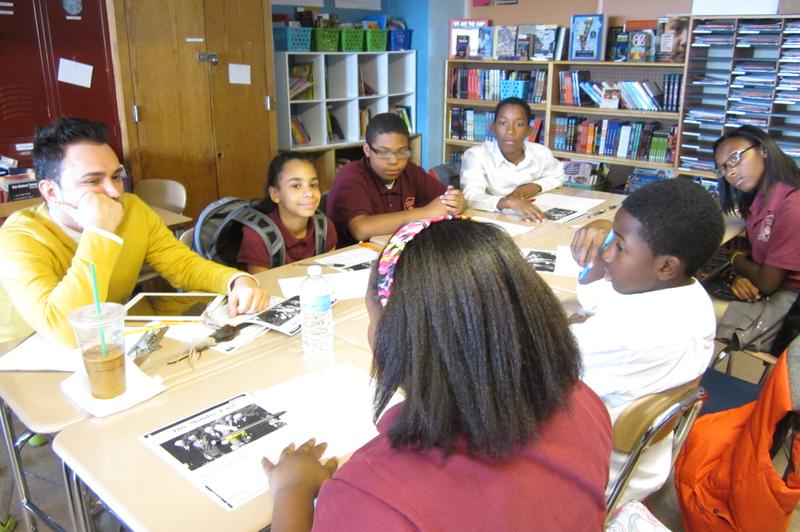
New York City Schools Chancellor Carmen Fariña said on Wednesday she would expand a program in which a group of public schools share what's working with other educators, by increasing the number of "Showcase Schools" from 20 to 27 this fall.
Showcase Schools host three half-day visits throughout the year, from teachers, parents, superintendents and principals. Phil Weinberg, Deputy Chancellor for Teaching and Learning, said the city decided to add three Renewal schools to this selective list, to acknowledge that they have strengths worth sharing.
"We have identified the schools as having some struggles," he said of the Renewal schools. "But we also see places where promising practices are leading to improvement and we want to share that as widely as we can among the Renewal community."
Specifically, he said, these three have shown an ability to energize their students and improve instruction. One of them, J.H.S. 22 in the Bronx, is also on the state's list of persistently struggling schools. This means it has until the end of next June to show improvements or it could be taken over by an independent state receiver.
“It’s very easy to have these kinds of designations fall on you and to hang your shoulders and to walk away and to be a victim. And what we’re seeing in 22 is the opposite,” he said, pointing to energy and “smart leadership.”
At the same time, Fariña added 21 more schools to the Middle School Quality Initiative, bringing the total number to 108. The program, created during former Mayor Michael Bloomberg's administration, focuses on improving literacy skills at struggling middle schools. At Emolior Academy in the Bronx, for example, all sixth and seventh graders get an extra period of reading and teachers used adaptive technology to help students gradually push their reading to higher levels.
The city added more schools to these programs based on applications from interested principals. Dozens of schools also belong to a program called Learning Partners, in which they are matched with two other schools so they can all learn successful techniques from each other.
This year, the chancellor broadened the reach of this program by tapping a few successful schools to serve as hosts to six or seven schools instead of just three.
"It allows us to expand our reach in places where we believe the leadership is ready to reach more widely and it's been a really powerfully successful program," said Weinberg. "We don't want those successful practices to be hidden inside the doors of my school building. We want schools to see them."
